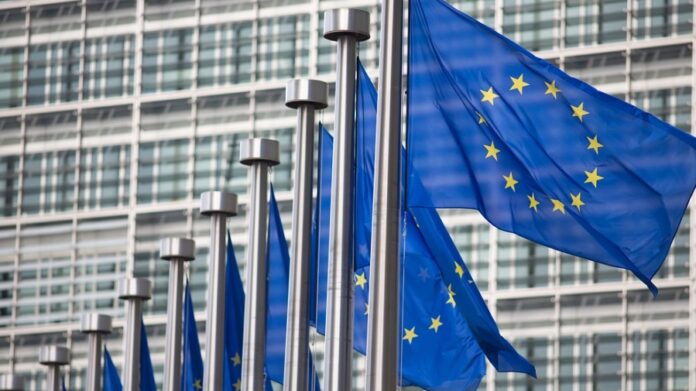The European Commission announced on Wednesday the activity in the European economy in the first quarter of 2021 exceeded expectations and the improved health situation prompted a swift easing of pandemic control restrictions in the second quarter.
The EU Commission stated that the Summer 2021 Economic Forecast indicated that the economy in the EU and the euro area is set to expand by 4.8% in 2021 and 4.5% in 2022, according to a press release.
„Compared to the previous forecast in the spring, the growth rate for 2021 increased in the EU (+0.6 pps.) and the euro area (+0.5 pps.) while for 2022 it is slightly higher in both areas (+0.1 pp.),” said the Commission.
Real GDP is projected to return to its pre‑crisis level in the last quarter of 2021 in both the EU and the euro area.
Private consumption and investment are expected to be the main drivers of growth, supported by employment that is expected to move along with the economic activity.
Strong growth in the EU’s main trading partners is expected to benefit EU goods exports, whereas service exports are set to suffer from remaining constraints to international tourism.
The total wealth generated by the Recovery and Resilience Facility (RRF) over the forecast horizon is expected to be approximately 1.2% of the EU’s 2019 real GDP.
The forecast for inflation for 2021 and 2022 is estimated to be higher. Inflation for 2021 in the EU is forecast to average 2.2% (+0.3 pps.) and 1.6% in 2022 (+0.1 pps). In the euro area, inflation is forecast to average 1.9% in 2021 (+ 0.2 pps.) and 1.4% in 2022 (+0.1 pps.).
Growth is expected to strengthen due to :
- Activity in the first quarter of 2021 exceeded expectations.
- An effective virus containment strategy and progress with vaccinations led to falling numbers of new infections and hospitalisations, which in turn allowed the EU Member States to reopen their economies.
- Evidence of a revival in intra-EU tourist activity, which should further benefit from the new EU Digital COVID Certificate.
The EU Commission stated that these factors are expected to outweigh the adverse impact of the temporary input shortages and rising costs hitting parts of the manufacturing sector.


